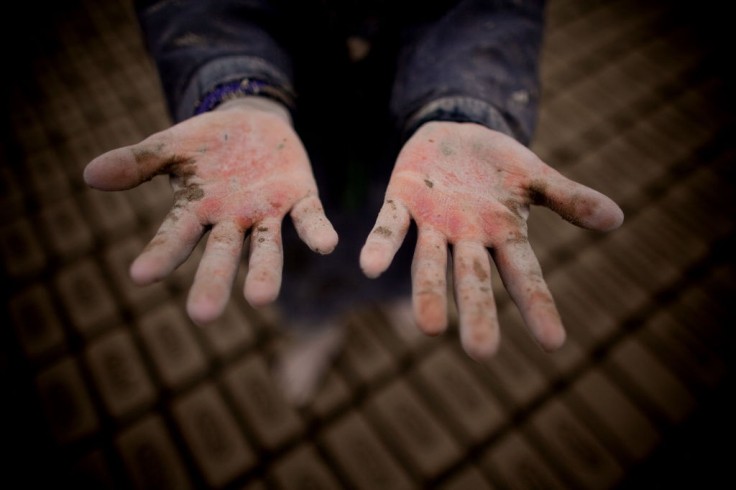
An investigation on child labor revealed how migrant children are being unprotected from harm and how the country needs policy changes and new ones.
The world was shaken, including President Biden and members of Congress, when the New York Times revealed children across America working in hazardous, even lethal jobs in factories, mills, and farms.
These illegally working kids are in the country without their parents, fleeing from their native countries deep in poverty and violence. Some are seeking asylum and protection under the law, but most are "laboring in the shadows," working daily in physically demanding jobs and dangerous workplaces that often lead them to suffer serious injuries and diseases.
A problem that will take all of us to stop
The Departments of Labor and Health and Human Services (HHS) immediately responded upon learning about the children's sad and alarming situation. They announced new efforts to "combat exploitative child labor," including creating a new Inter-Agency Child Labor Task Force.
Amid one of the largest child labor cases in the country against Packers Sanitation Services, Inc. LTD. and the influx of migrant children leaving Latin America due to violence and poverty, with the majority having no parents with them, the two departments commit to providing the children protection and care, regardless of the circumstances they are in, like they are "our own," as HHS Secretary Xavier Becerra said.
"We see every day the scourge of child labor in this country, and we have a legal and a moral obligation to take every step in our power to prevent it. Too often, companies look the other way and claim that their staffing agency or their subcontractor or supplier is responsible," US Secretary of Labor Marty Walsh declared in a statement by HHS.
Walsh further noted that "Everyone has a responsibility here. This is not a 19th-century problem - this is a today problem. We need Congress to come to the table; we need states to come to the table. This is a problem that will take all of us to stop."
The need for significant policy changes
Naureen Shah, Senior Legislative Counsel and Advisor from ACLU, stated that more than the task force created, "big policy solutions" are required.
1. The country needs an "earned path" for migrants to have citizenship.
Walsh explained how immigration restrictions are becoming a strain on the country's economy. For more than two decades, Congress has failed to pass a good immigration reform despite knowing that immigration fuels economic growth and can address America's shortage of workers.
The country has over ten million job openings, yet only about six million workers seek jobs. This could be why top American business names look the other way and hire children into positions suitable only for adults.
There are over 11 million undocumented people in America, and without a path to citizenship, an American underclass is being created where people face a "lifetime of disadvantage and vulnerability to exploitation."
2. The country needs a new border management system where parents and children can be together as they seek protection.
Parents should not be forced to make the heartbreaking, impossible decision to send their children alone to the U.S., because if not, they will continue to be in a dangerous situation at home or in the borders.
The Biden administration recently proclaimed its intention to implement a new asylum ban. However, instead of solving the problem, it would continue restricting families from being together, exactly like the "illegal Trump asylum bans."
3. The country must provide legal counsel and services to the children.
Most of these unaccompanied children do not have lawyers to help them with their work permits, for those old enough to work and help them navigate the complex legal system.
These children would surely opt to work in the "shadow economy" without work authorizations and trusted individuals to guide them to the right path.
Moreover, the Biden administration should act upon the longstanding calls of advocates to provide legal representation for unaccompanied children and services for their mental health and well-being.
Related Article : Ukrainian Family Allowed Entry to the United States After Being Turned Away at Mexico Border